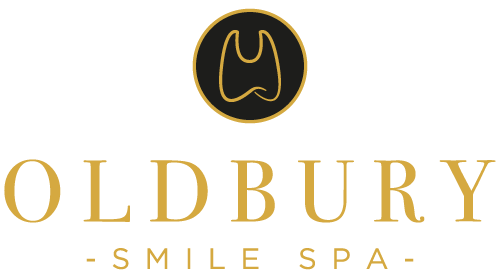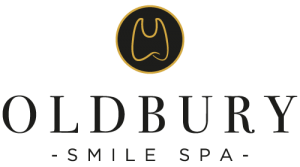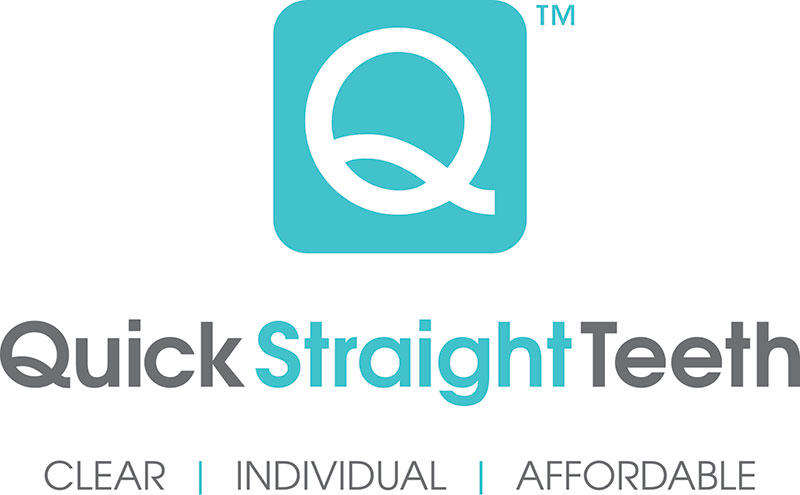Most of us know it’s important to brush our teeth twice a day, but are we using the right techniques to make it as effective as possible? Let’s take a look at 8 common mistakes you can make when cleaning your teeth and what you should be doing instead.
1. Not brushing long enough
Research shows that the average person brushes their teeth for just 45 to 70 seconds each day. That’s just half of the recommended time of two minutes, twice a day. The most important time is before you go to bed, the second time can be any other time during the day.
2. Rinsing your mouth after brushing
Many people rinse their mouth with water or mouthwash right after brushing. However, when you do this you’re washing away the protective properties of your toothpaste. Instead, spit out your toothpaste and don’t rinse your mouth. If you like using mouthwash, use this before brushing.
3. Using the wrong toothpaste
There is no single toothpaste that is the “best”. However, you should use toothpaste that contains between 1,350 and 1,500 parts per million of fluoride. Fluoride protects your teeth’s enamel and helps prevent tooth decay.
4. Brushing too hard
It might feel like you’re cleaning your teeth better by brushing hard, but this can cause wear on the teeth and over time lead to receding gums. If the bristles on your brush fray and bend very quickly, you’re brushing too hard. Try an electric toothbrush with a sensor that warns you when you’re using too much pressure. You’ll be surprised how light-handed you should be brushing for the best results.
5. Using the wrong toothbrush
It’s difficult to reach the back teeth effectively with a manual toothbrush, especially if you have wisdom teeth. This is why we always recommend using an electric toothbrush. The small head makes it easier to reach the back teeth without over-brushing. They also usually come with timers and sensors which make sure you’re brushing for long enough and at the right pressure.
6. Not replacing your toothbrush head regularly
Over time, the bristles on your toothbrush head become worn and less effective. This is why it should be replaced every 3 months. It should also be immediately replaced if you’ve been unwell since bacteria could be living in the bristles.
7. Not using interdental brushes
If possible, you should use an interdental brush along with your usual toothbrush and floss. Interdental brushes are small, narrow bruises that fit in between your teeth. This helps to clean the sides of your teeth where your regular toothbrush can’t get.
8. Forgetting to floss
Flossing is just as important as brushing and mouthwash. And using a ‘floss action’ toothbrush isn’t a good enough replacement. Flossing removes plaque build up between teeth and at the gum line, helping to prevent decay and other issues.
Visit your dental hygienist today
The best way to ensure your teeth are as healthy as possible is to regularly visit your dental hygienist. You’ll be able to get a check-up to spot minor issues before they become serious problems, and get your teeth professionally cleaned so they look and feel their best.











